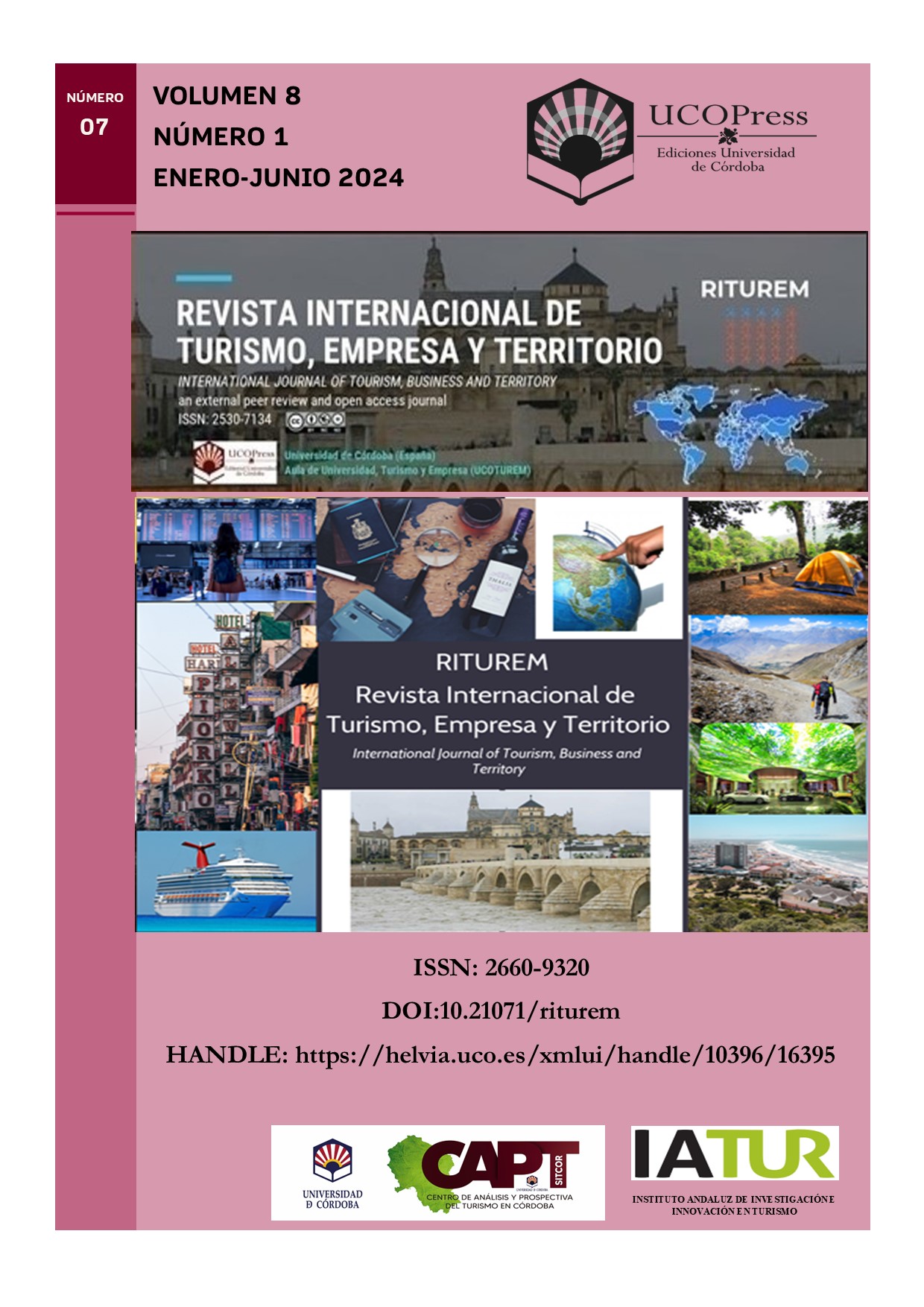Event tourism, public policy and socio-cultural development in Dublin (Ireland)
Main Article Content
Abstract
In a highly globalised, competitive world, urban strategies often highlight festivals and events as activities which can attract tourists and investors, extend the tourism season and boost the economy. Event tourism as a term is now well established in the tourism lexicon, however, it is usually employed in quite a limited way that offers only partial insights into a complex phenomenon. To redress this deficit, this paper examines the case of Dublin, where for the last twenty-five years, policy makers have been using festivals and events to boost the city’s international standing. The aim is to investigate whether policy makers can strategically use events to further tourism goals while simultaneously fostering socio-cultural development more broadly. Methodologically, the study reported undertakes a detailed, critical analysis of public policy documents that relate festivals and events to tourism. It finds a range of policy perspectives at play but overall, there is a clear tendency for festivals and events to be framed through an urban entrepreneurial lens that under-appreciates social and cultural issues. In contrast, a second set of findings reported from primary research undertaken at one of the main tourism-oriented festivals in the city show how festival experiences can generate enjoyment, sociability, pride, inclusion and belonging for both tourists and other city users alike, while simultaneously producing economic returns. Together, the findings of the policy analysis and the empirical case point to the need to re-think how events and tourism intersect to achieve optimal outcomes, especially in these post pandemic times when cities the world over are searching for more sustainable tourism futures. The study recommends that event tourism policy making adopt broader, more holistic terms of reference and suggests that lessons from practice could be employed to inform better policies.
Keywords: festivals and events; tourism; public policy; socio-cultural development; inclusion; Dublin.
Downloads
Article Details
Copyright Notices Proposed by Creative Commons
Proposed policy for journals offering deferred open access
Those authors who have publications with this journal, accept the following terms:
1. The authors will retain their copyright and guarantee to the journal the right of first publication of their work, which will be simultaneously subject to the Creative Commons Recognition License CC BY-NC 4.0 (Creative Commons — Attribution-NonCommercial 4.0 International — CC BY-NC 4.0 ) hird parties to share the work provided that its author and its first publication is indicated this journal and no commercial use is made.
2. Authors may adopt other non-exclusive licensing agreements for the distribution of the published version of the work (e.g., deposit it in an institutional telematics file or publish it in a monographic volume) provided that the initial publication is indicated in this journal.
3. Authors are allowed and recommended to disseminate their work over the Internet (e.g. in institutional telematics files or on their website) before and during the submission process, which can produce interesting exchanges and increase citations of the published work. (See The effect of open access: http://opcit.eprints.org/oacitation-biblio.html.
